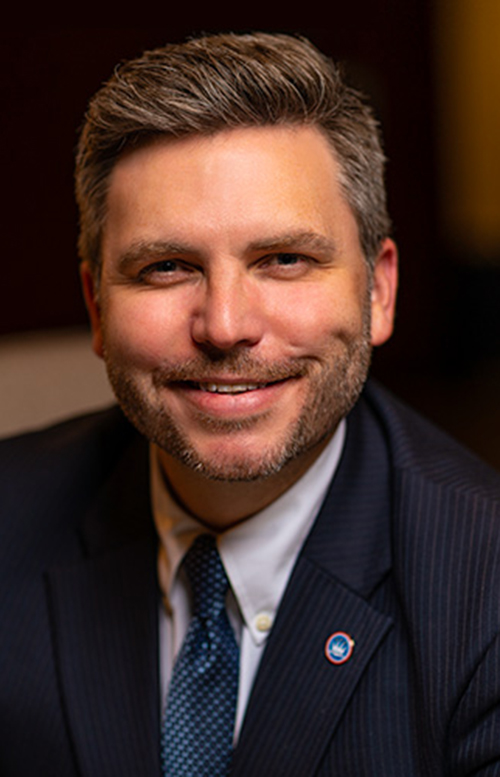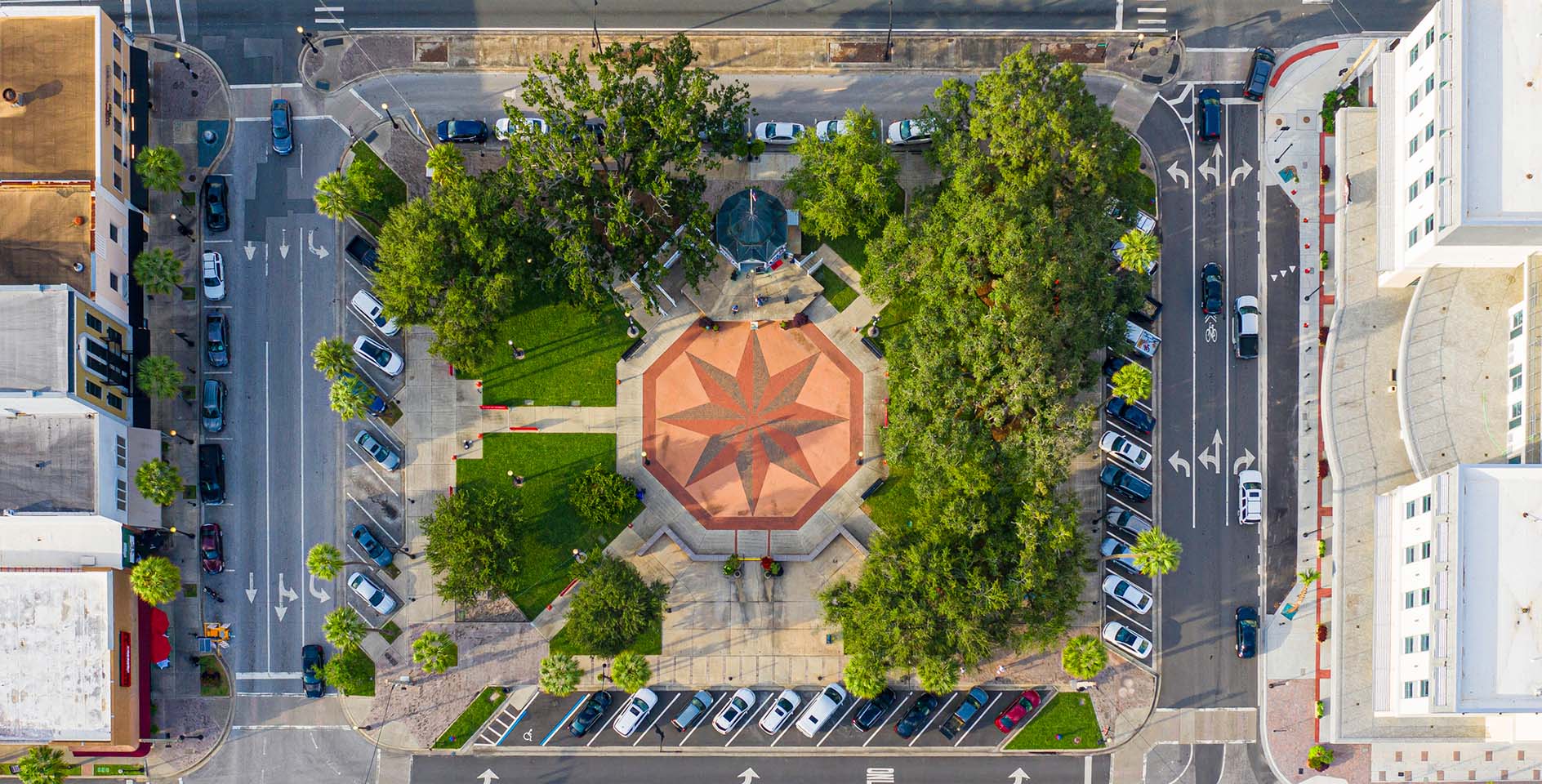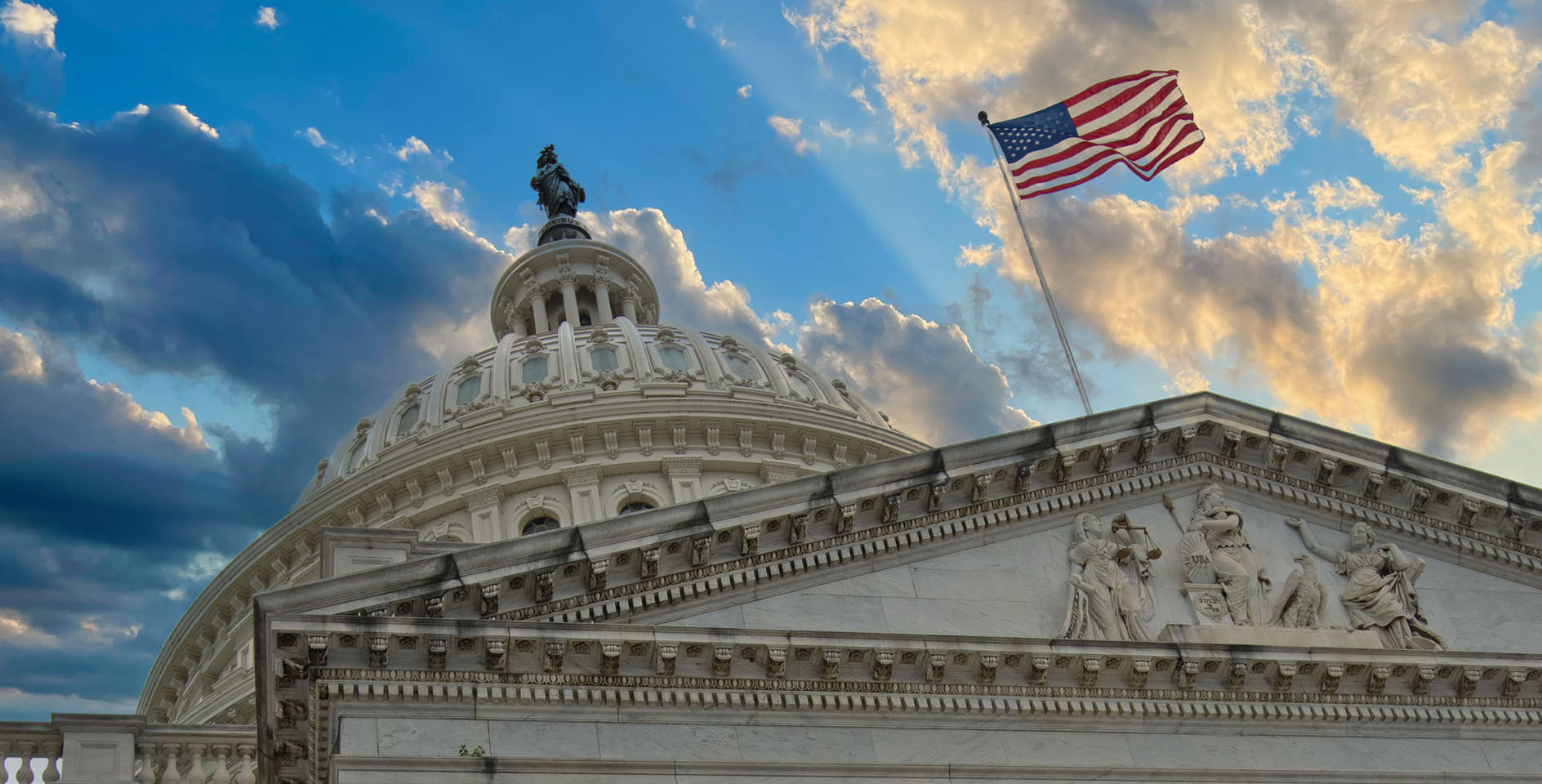Looking out my window sits downtown Nashville. Music City, with its dozens of new high-rise buildings going in, should probably be referred to as Crane City. When settlers first came to this region, I doubt they could have envisioned what this city has become. The first Europeans arrived here in the early 1700s and established a settlement called “French Lick.” Even before that period, the area was an important hunting ground for Native American tribes due to the large game that would beat a path to the area. Why? Because of the natural “salt licks” found here.
That isn’t necessarily unique to Nashville. History is replete with examples of animals beating a path to salt-heavy areas and humans following closely behind. Salt is just naturally an attractive element. In fact, it has a number of qualities that are helpful and that is likely why Jesus pointed to it in his ministry.
As he was teaching upon a mountainside, Jesus gave a clear instruction: “You are to be the salt of the earth . . . (and) the light of the world” (Matt. 5:13-14). The command here, and the biblical wisdom it reveals, guides all seasons of a Christian’s life, including election season.
Throughout the pages of this edition of Light magazine, we feature a talented collection of Christian thinkers and leaders who explore how being salt and light informs their work, engagement in the public square, and public service. The takeaway from each piece reveals the profound ways Jesus’ command centering on two basic elements––salt and light––continues to affect how Christians operate in the public square.
In addition, our work at the Ethics and Religious Liberty Commission is grounded in Scripture passages like Matthew 5 and guided by the Baptist Faith and Message (as well as informed by the resolutions passed at each year’s annual meeting of the Southern Baptist Convention). Jesus’ direction here, coupled with the first line of the Baptist Faith and Message 2000 Article 15—which states “All Christians are under obligation to seek to make the will of Christ supreme in our own lives and in human society”—offer guidance for the missional work we have been called to in the public square.
Moreover, these principles are reflected in the very mission statement established by Southern Baptists for the ERLC. We are to “apply Christian principles to moral and social problems and questions of public policy.” So, undoubtedly, this entity is called to be a convictional and engaging actor on behalf of the SBC in the public square.
It is only fitting that, as another election is nearing, we would dedicate these pages to examining some of what it means to be salt and light in this context. As we do this, let us do so as ambassadors (2 Cor. 5:20), with an understanding that what we are advocating for is an agenda that is not our own and will not fit neatly within the political parameters governing partisan activists.
But, that’s OK. Salt necessarily creates thirst. My prayer is that as you read these articles, it will cause you to create an unquenchable thirst in those around you for the Living Water (John 4:10) that comes from a personal relationship with Jesus Christ.
Brent Leatherwood
Acting President, ERLC










